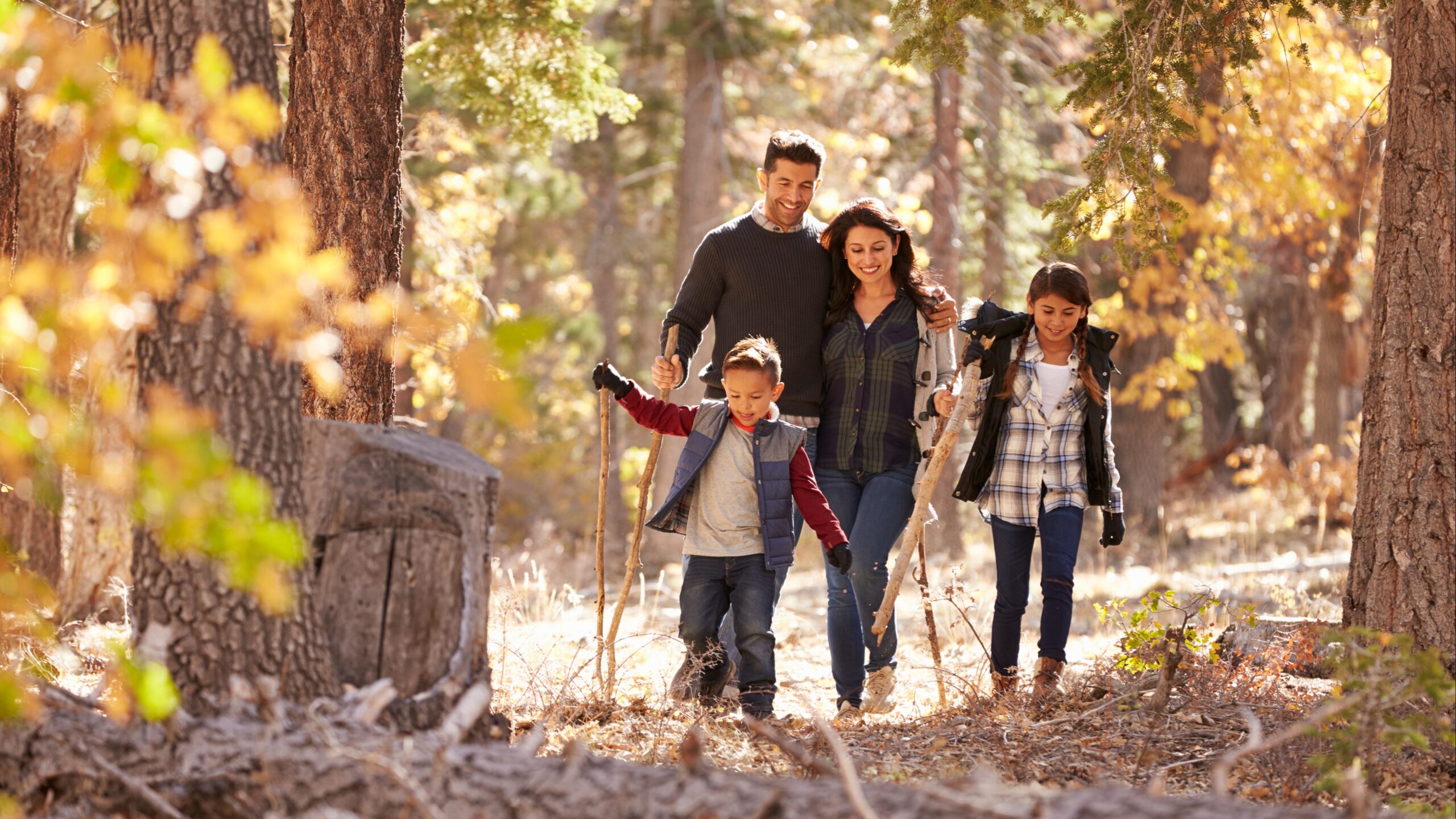
In addition to being an activity that connects our children with nature, hiking is an experience that is full of challenges, cooperation, and exploration.This activity has a number of benefits for the development of physical, emotional, and psychological skills because it is something that encourages the movement of the body, invites exploration of nature, and also provides challenges that help strengthen self-confidence and a sense of security in children. Take a look at some of the benefits so you can decide if this activity is something that your and your children want to try.
More From MamásLatinas: Ways to teach our children to be grateful
Any outdoor environment will allow your children to connect with nature in all its forms, get some fresh air, enjoy the beauty of the world, and relax to the sounds of the Earth. Open spaces stimulate the brains of children and adolescents and can help improve their creativity. We've come up with a list of some of the ways hiking can benefit kids and teens.
Time spent in nature helps improve focus.
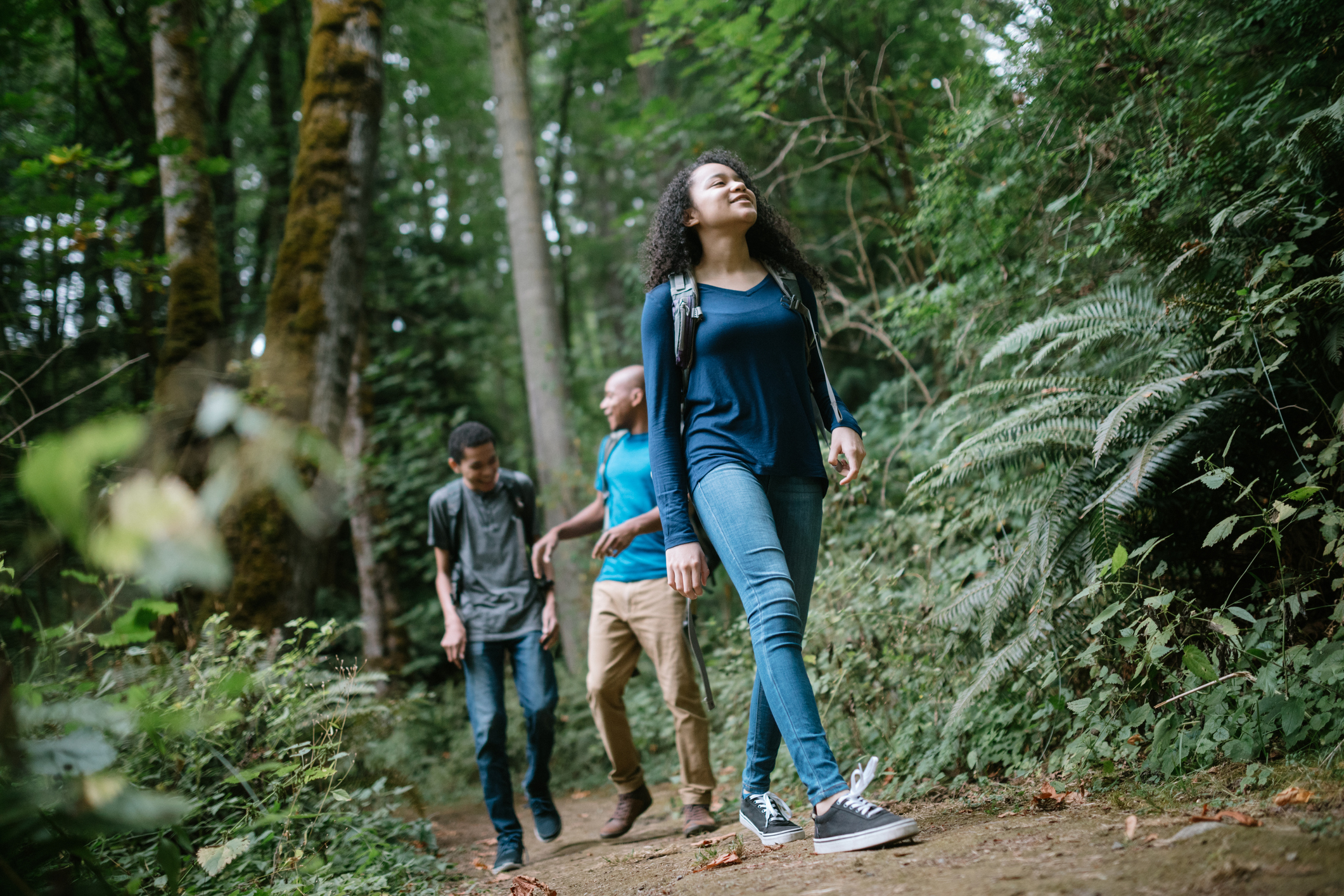
Our children are constantly bombarded and distracted by technological stimuli. For cognitive development, they need to strengthen their ability to concentrate and focus, especially because all the distractions they have coming at them can have an impact on the way they process the information they receive. Hiking helps kids and teenagers recharge the brain circuits associated with mental fatigue. You may find your kids' attention and self-control improve when they spend time in green spaces.
It’s a great mood booster and de-stressor.
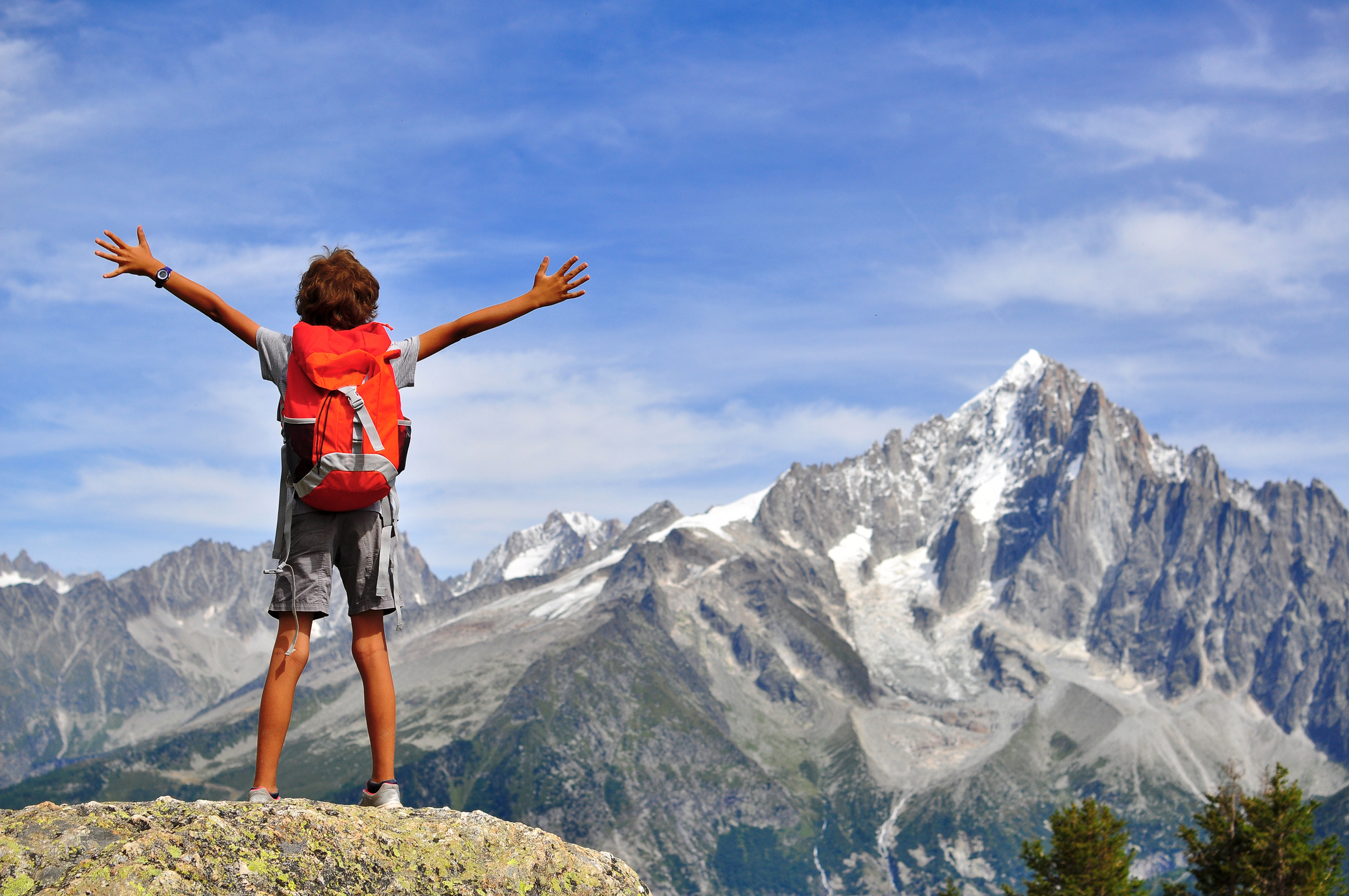
Tension and accumulated stress can be a factor in sleep problems, irritability, and even memory issues. When your children breathe the pure air of nature and get out of their routine by being in a different environment, they can end up feeling much more comfortable and relaxed. The fresh air helps detoxify, while contact with nature and a change of scenery help reduce the allostatic load, which is the accumulation of everyday stress on our bodies and minds.
It helps develop motor skills.
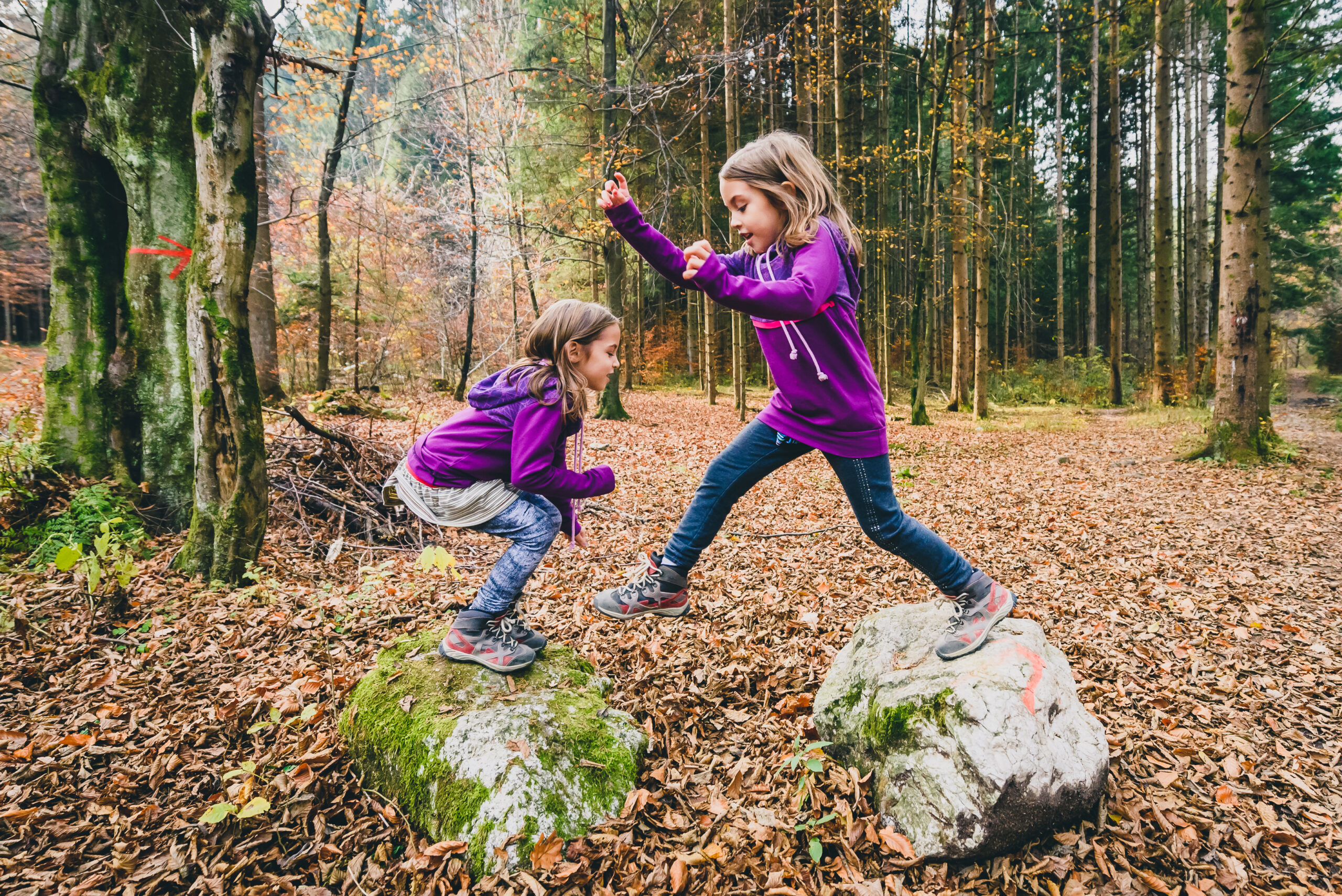
Movement is essential for the healthy development of our children. They need to develop their gross motor skills, which is the ability to perform general movements from the arms and legs, in order to support their fine motor skills. It is from the larger body movements and coordination that they will be able to acquire fine motor skills needed for things like writing.
It is a motivating and enriching experience.
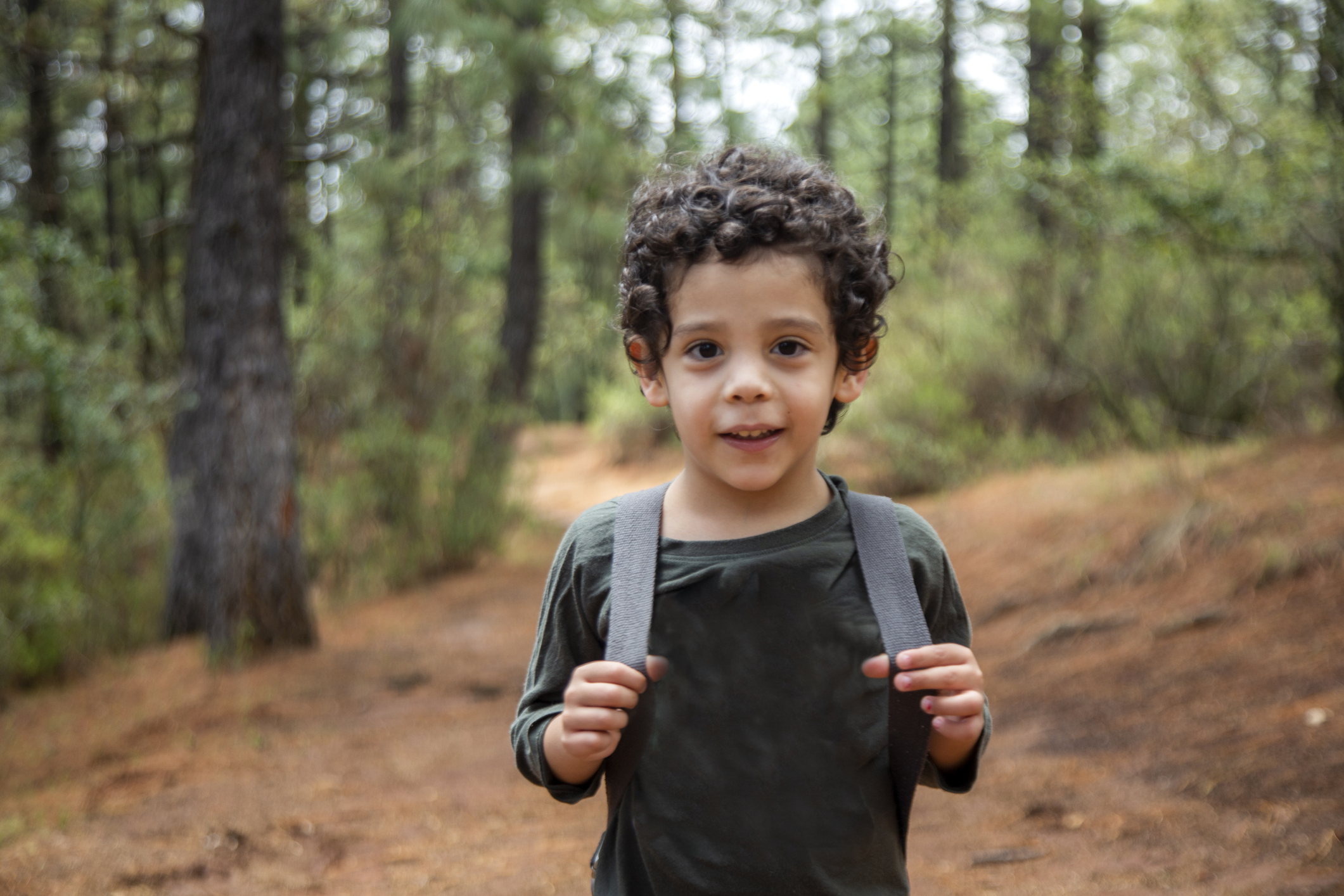
Even though it can be a physically demanding activity, hiking involves exploration. Children learn from nature and they make use of all of their sensory channels. They learn from experience, which is why many schools suggest nature walks and outdoor classes.
It strengthens their immune systems.
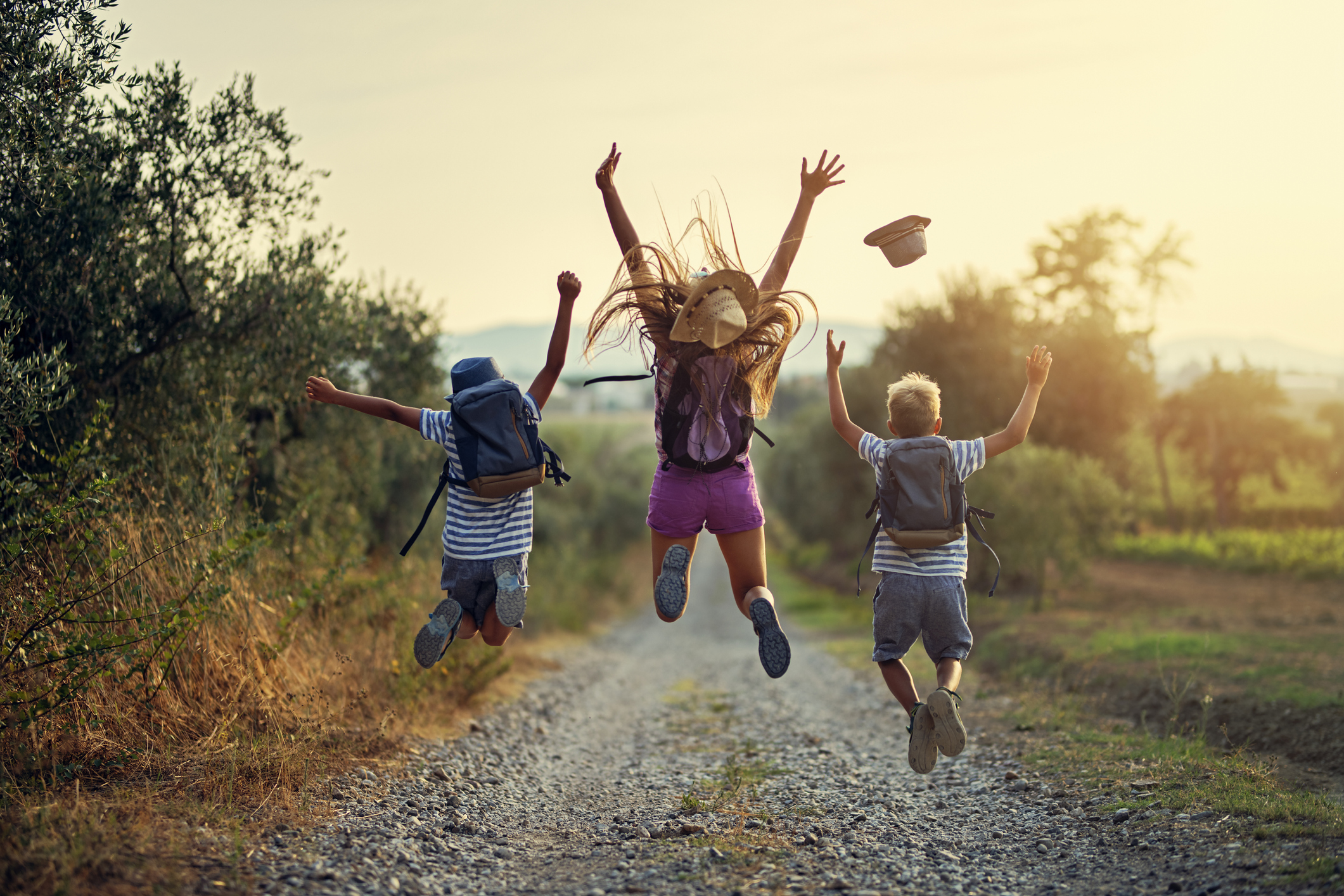
Hiking can help improve blood circulation as well as lower triglycerides and cholesterol. Breathing in fresh air can help strengthen the lungs. Because it is a relaxing activity, despite the effort, the levels of the stress hormone cortisol may be reduced, which in turn may help the body better fight off pathogenic bacteria and viruses.
It helps develop an interest in learning more about nature.
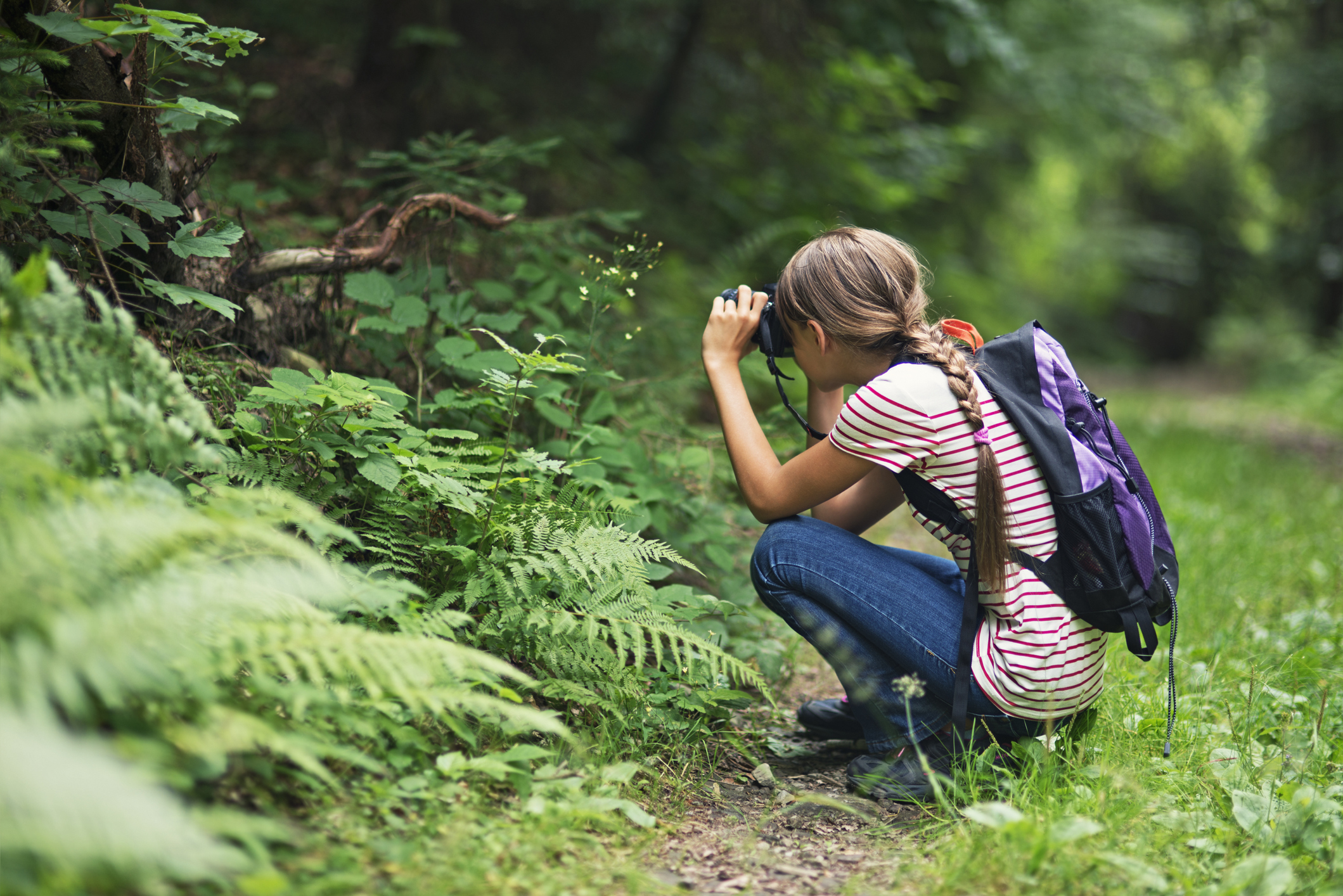
It is common for children to be amazed by the plants, insects, and animals they come across while hiking. They are able to interact with these things in their natural habitat, which is more impactful than learning it from a book. This can help them learn to respect and take a deeper interest in plants and animals.
It's another way of bonding as a family.
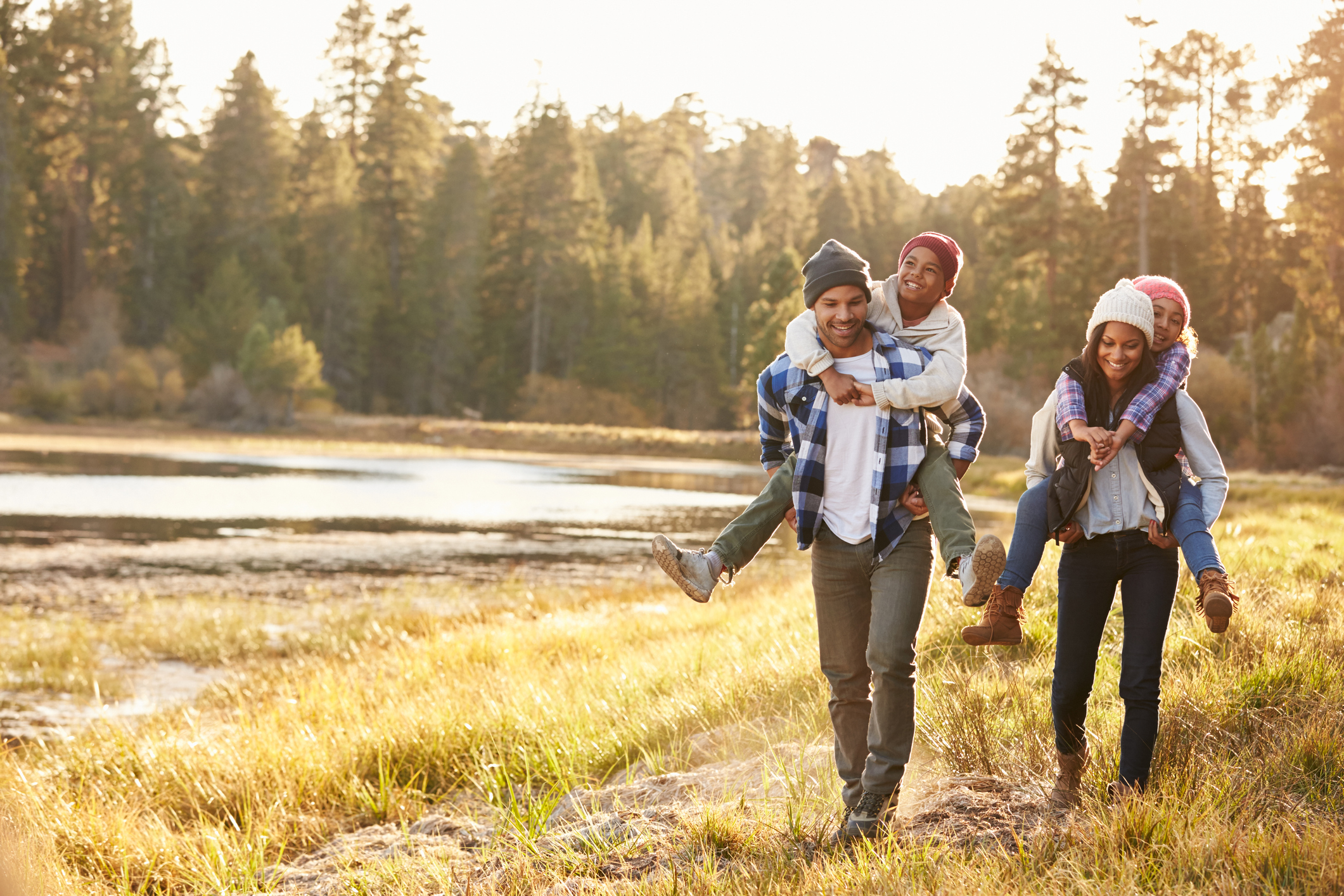
Getting out and hiking together through nature gets the whole family away from the stimuli conditioned by technology, video games, and the consumer lifestyle. Nature helps everyone to disconnect from mobile phones, to concentrate on the present, and to interact as a family without the distractions that prevent us from truly connecting with one another.
It is an activity that requires group cooperation.
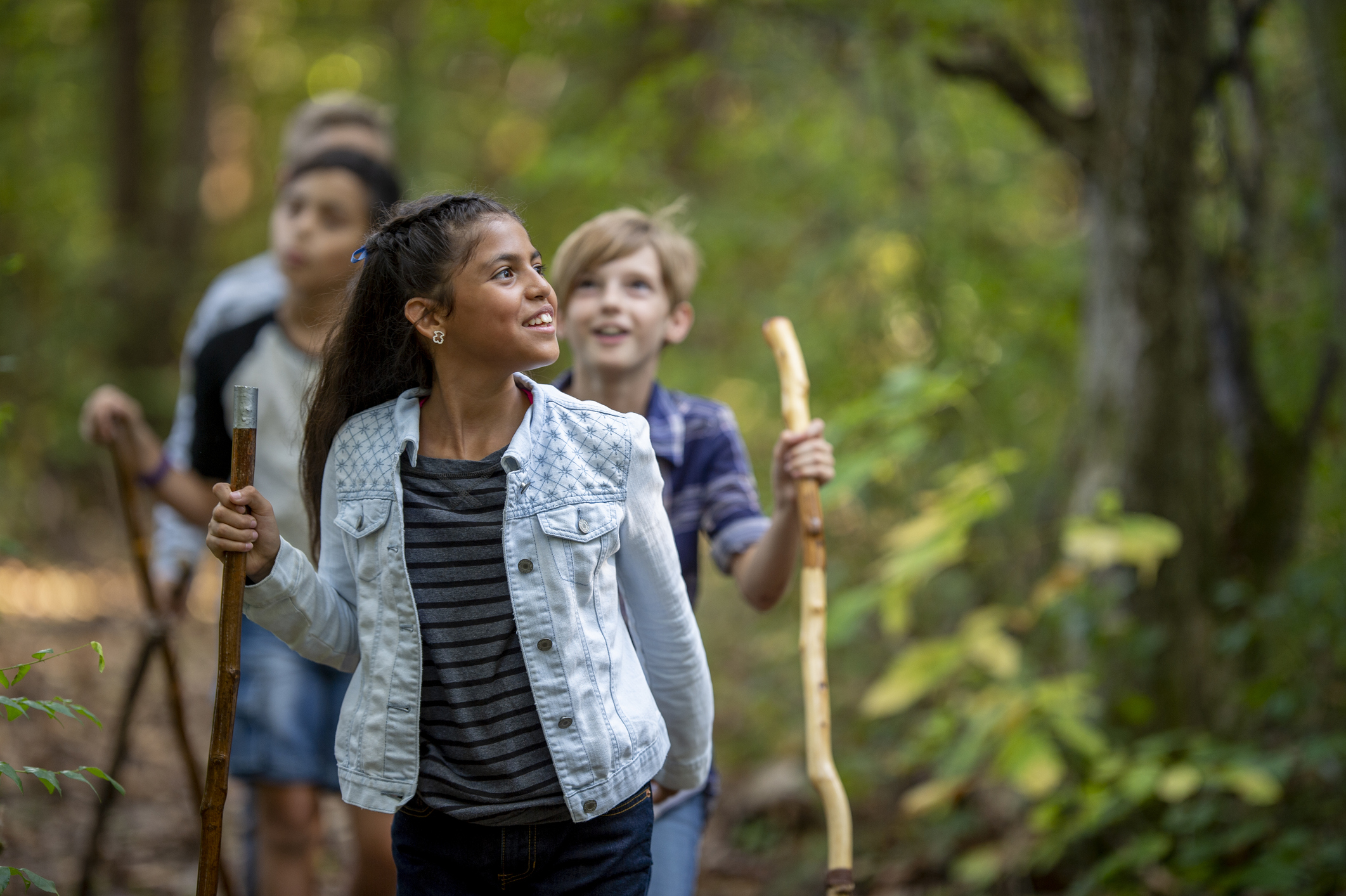
Teamwork is essential when hiking as a family or in a group of peers. For a sucessful hike that gives everyone the opportunity to contribute, the group needs to appoint a leader, delegate duties, and have the support of everyone. It provides an opportunity for children to feel useful, listened to, and be taken seriously when they offer suggestions.
Children can feel free and responsible at the same time.
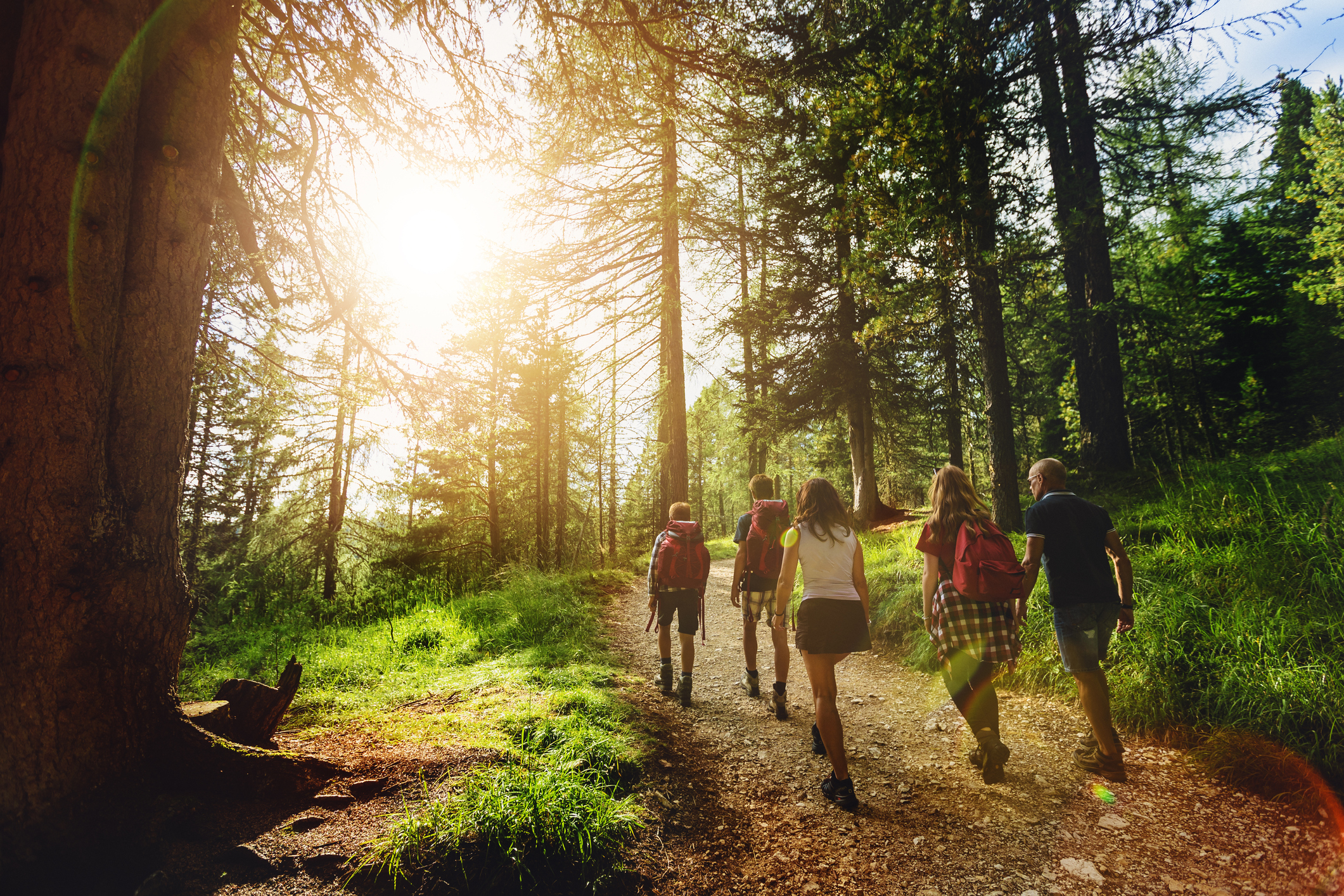
Being in a natural environment, kids have the opportunity to explore within limits, while also knowing that following the instructions given by the leader is essential for their safety. Hiking favors free play and, above all, there are no rigid rules regarding not getting dirty. It's an exploration. On the other hand, the children are also responsible for staying safe and need to be alert, which helps them develop awareness of their surroundings and self-protection skills.
All sensory channels get activated.
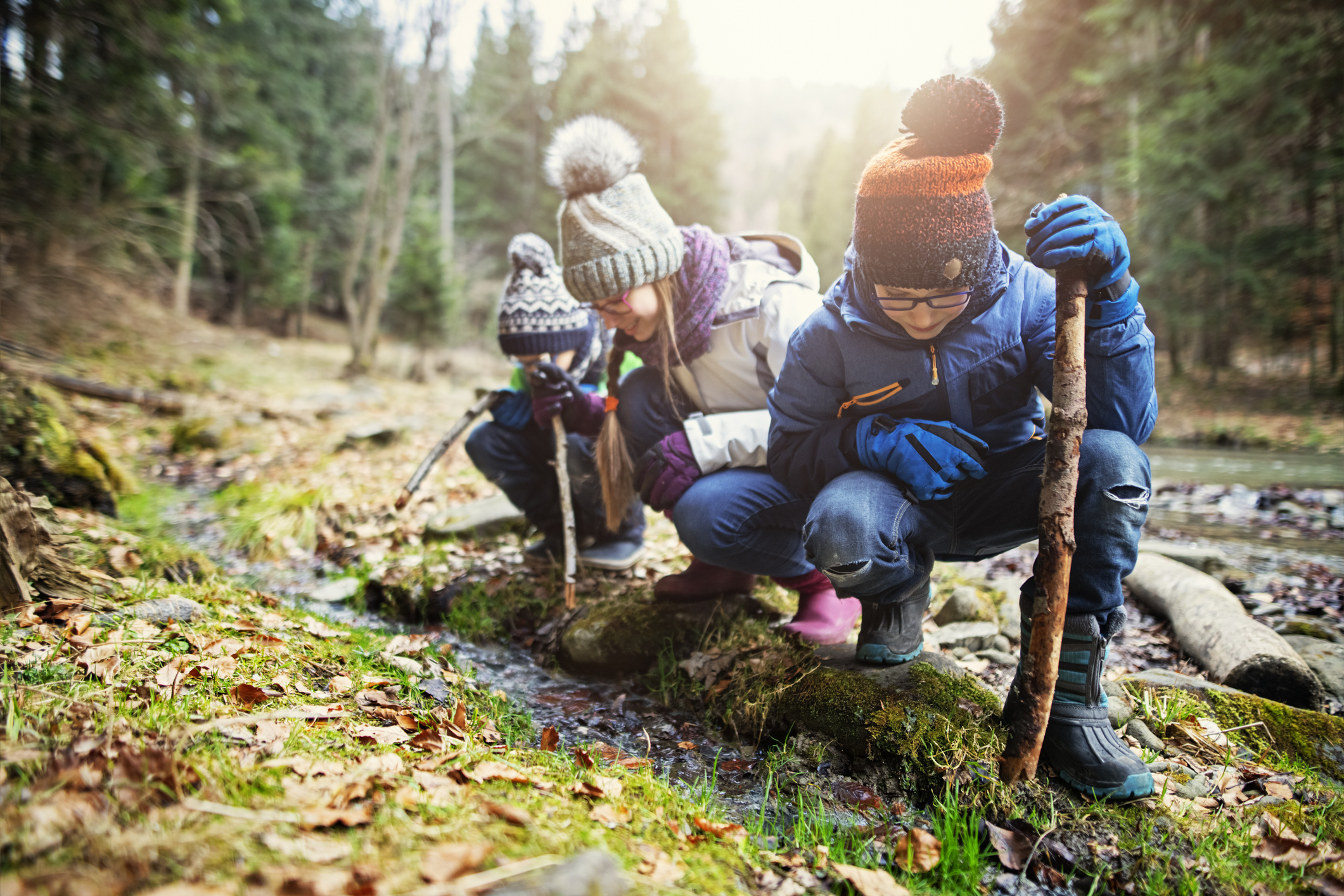
Often, the best way to learn is through experiential activities. Hiking involves the visual, auditory, tactile, kinesthetic or movement channels, and the even the sense of taste if foraging. It keeps the brain active, helping to develop skills and neurological connections. All of this makes hiking a well-rounded activity because it involves sensory, motor, and cognitive skills.
It helps develop creativity.
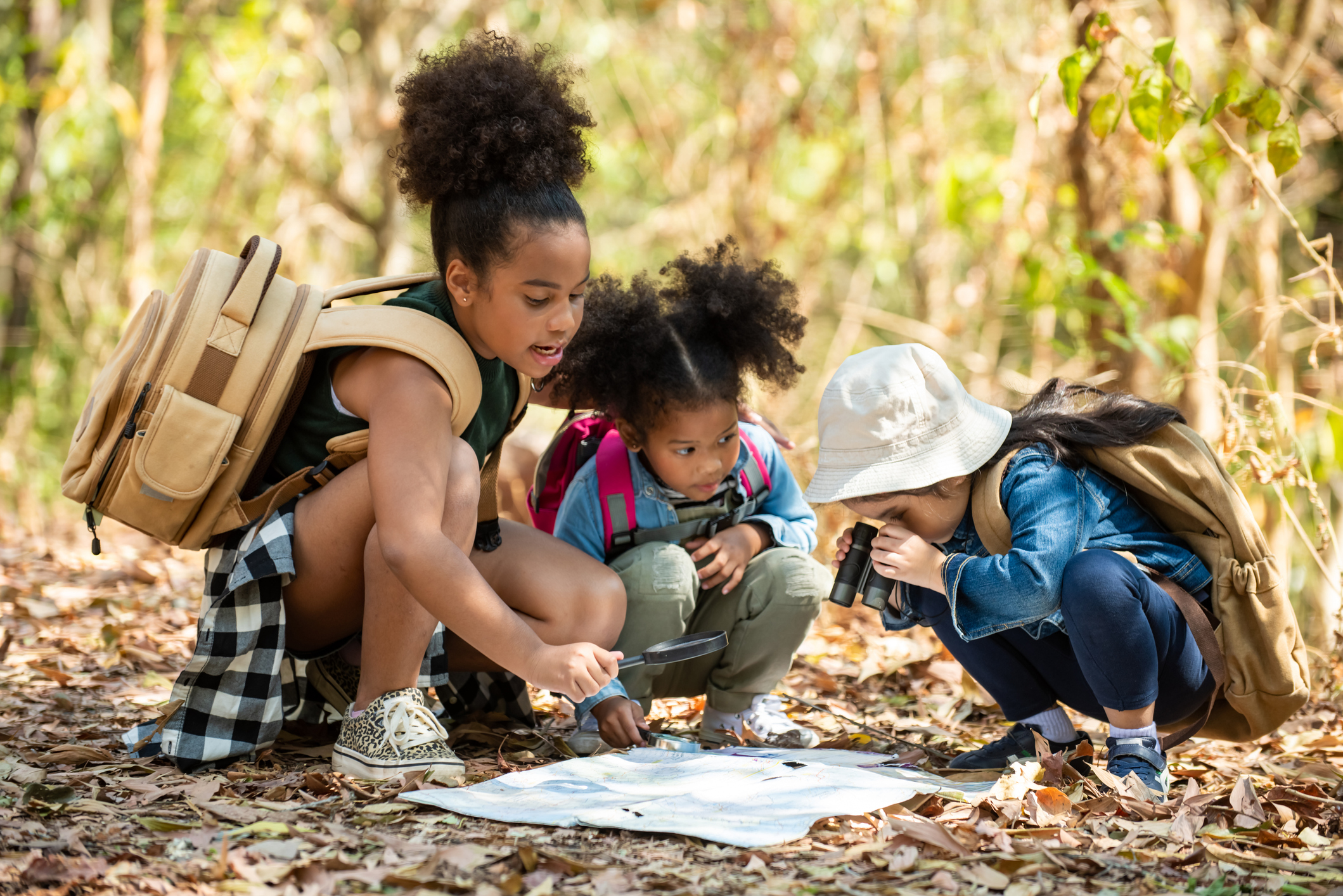
Hiking is an activity where the child breaks away from typical passive observation and becomes totally immersed. Exploration requires thinking about different paths, thinking about exits, and even thinking about how to get around obstacles. This keeps the mind focused on the present in an active and fun way.
It develops impulse control in children and adolescents.
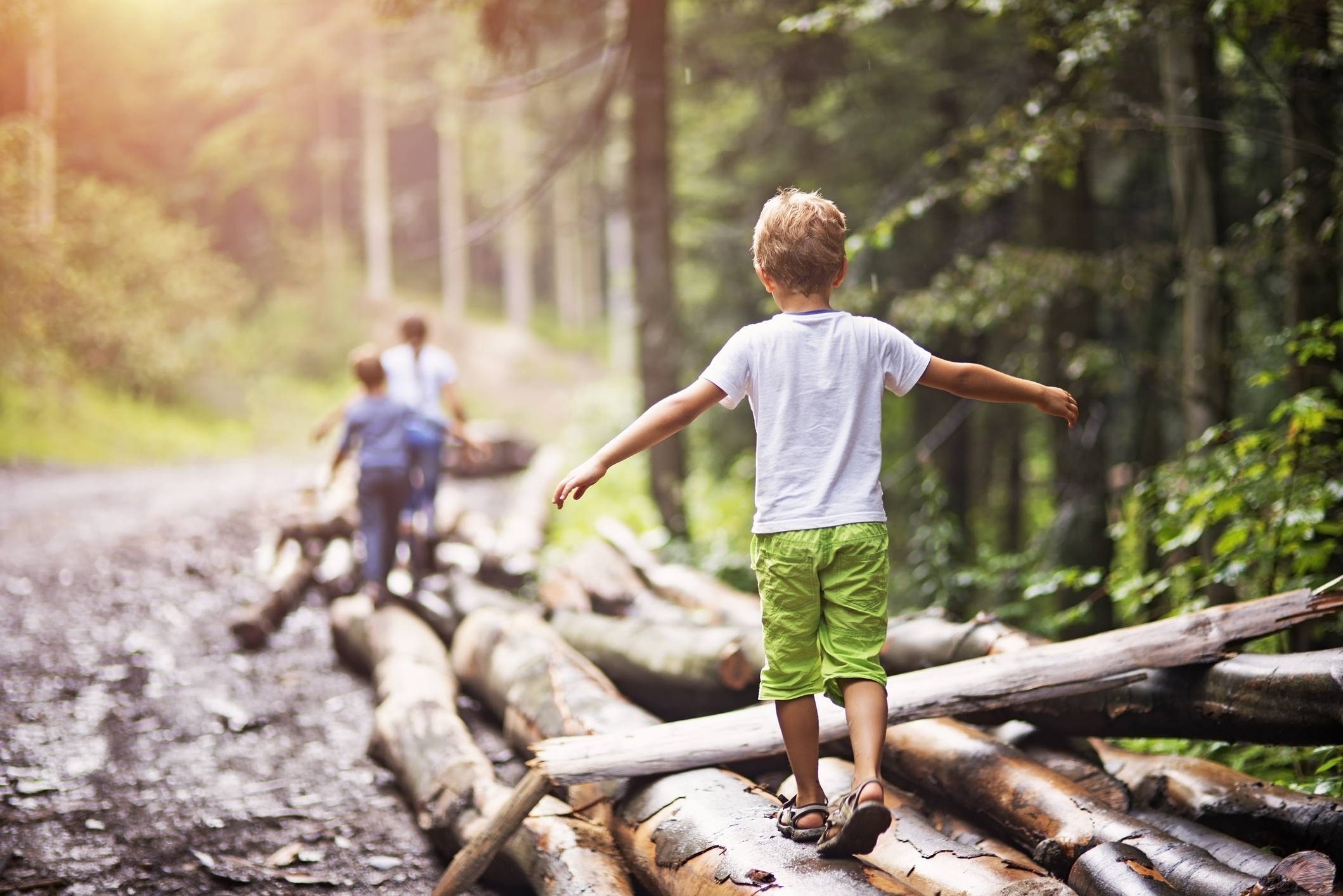
The focus and concentration that hiking requires lead children to wait, as opposed to seeking immediate gratification. It can help them learn to be patient and cautious while carefully testing their skills. Because they are training their capacity for self-control, some experts recommended hiking for children with attention deficit hyperactivity disorder, known as ADHD.
It can help develop social skills.
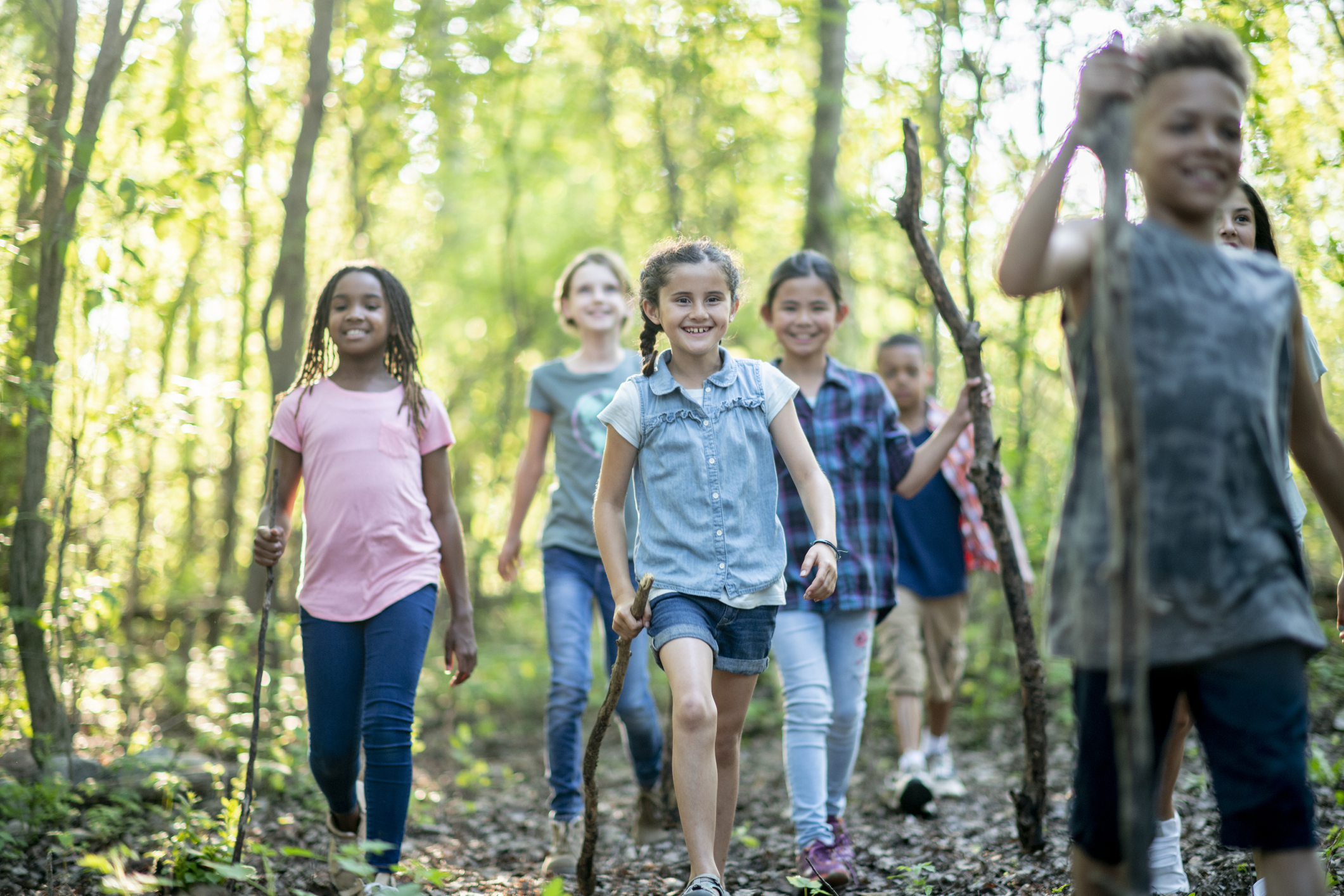
When children and adolescents are in a group, they are putting into practice genuine cooperation, the desire to help, peer support, and also friendship. It is an activity that strengthens ties and creates important bonds through solidarity—something that is necessary in the social development of our children.
It helps build an environment of trust.
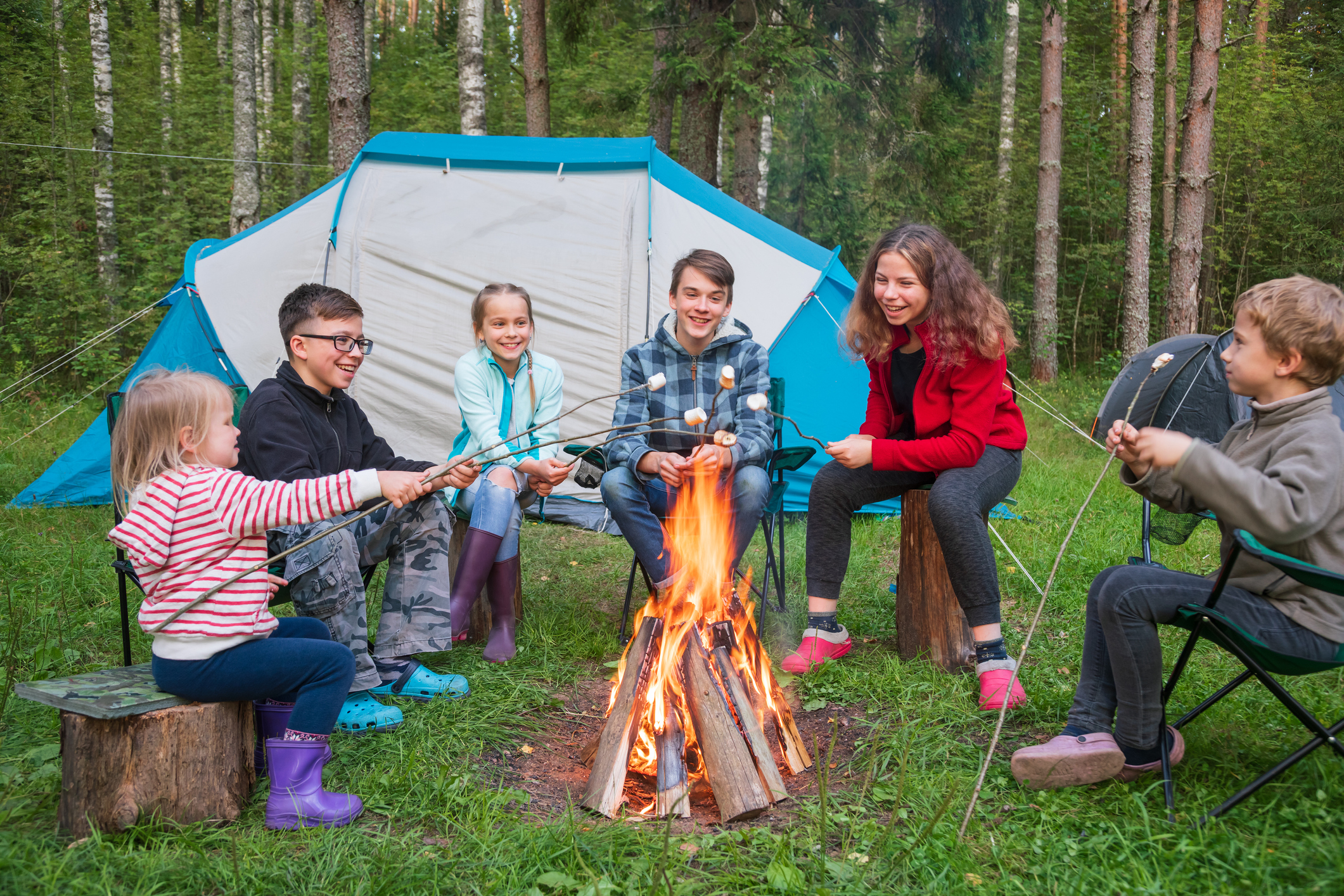
Being outdoors and from all urban stimuli, the mind is free from everything to which it is accustomed. The brain is out of its usual environment and this encourages communication in new ways. Children may open up more about their feelings, tell stories, and play games.
It helps build self-esteem and self-confidence.
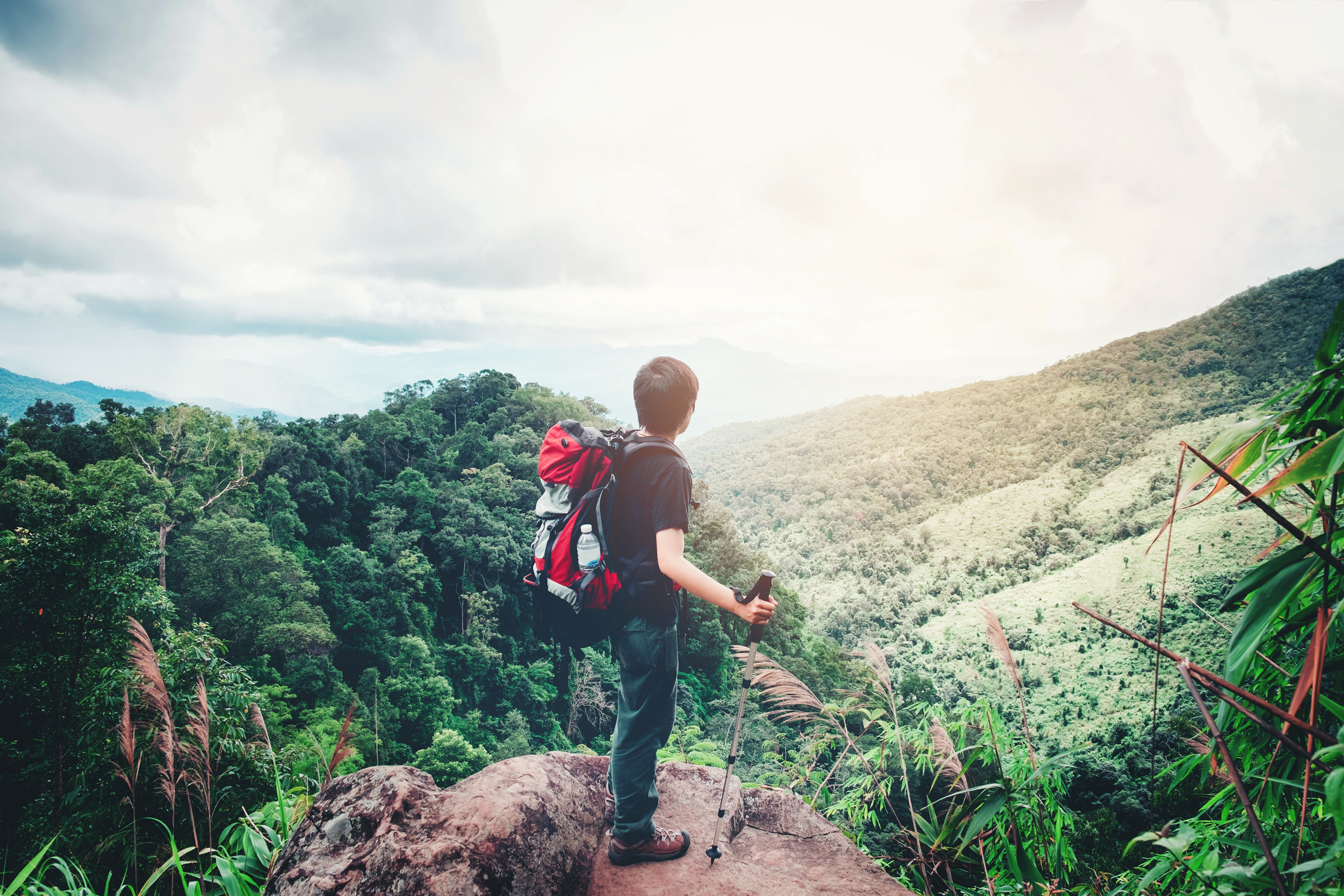
With each challenge that children and adolescents overcome while hiking, they acquire greater self-confidence. They see for themselves that with effort, attention, and focus they can achieve a goal as long as they do not give up. Hiking can help show kids that perseverance can pay off.
Karina Suárez Fernández is a clinical psychologist, psychotherapist, and mother of two teenagers.
Disclaimer: The advice on MamasLatinas.com is not a substitute for consultation with a medical professional or treatment for a specific condition. You should not use this information to diagnose or treat a health problem without consulting a qualified professional. Please contact your health care provider with questions and concerns.

